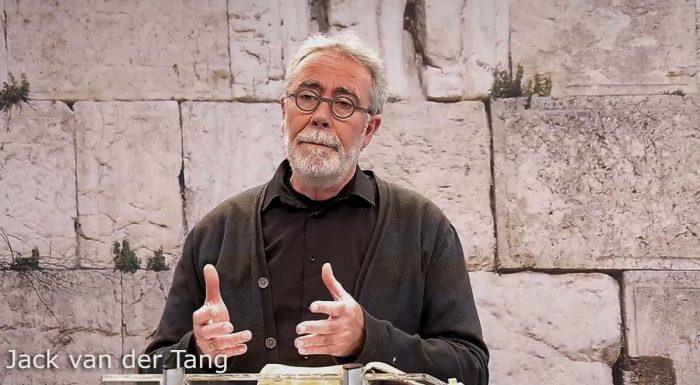Israel advances the long-debated E1 project with 3,400 units and approves recognition of Asael with 342 homes, in what Smotrich calls a “historic” move to secure sovereignty over Judea and Samaria.
The Civil Administration has given the green light to two landmark construction moves: the long-delayed E1 project near Ma’ale Adumim and the formal recognition of the community of Asael.
The E1 plan, debated for decades, will bring 3,400 new housing units to the strategic corridor between Jerusalem and Ma’ale Adumim—one of the most consequential settlement expansions in years. At the same time, the committee approved planning for Asael, authorizing 342 housing units, public institutions, and essential infrastructure, setting the foundation for full legalization of the town.
Finance Minister Bezalel Smotrich hailed the decision as “historic,” declaring: “In E1, we are finally fulfilling promises made years ago. This is a defining moment for settlement, for national security, and for the State of Israel.”
Smotrich stressed the geopolitical significance, insisting that each new neighborhood is “another nail in the coffin” of the Palestinian state idea: “The idea of a Palestinian state is being taken off the table not through rhetoric, but through tangible actions.” He urged the government to go further and apply full Israeli sovereignty over Judea and Samaria.
The approvals mark a decisive turn in Israel’s settlement policy, underscoring both demographic strategy and national security doctrine in the region.





